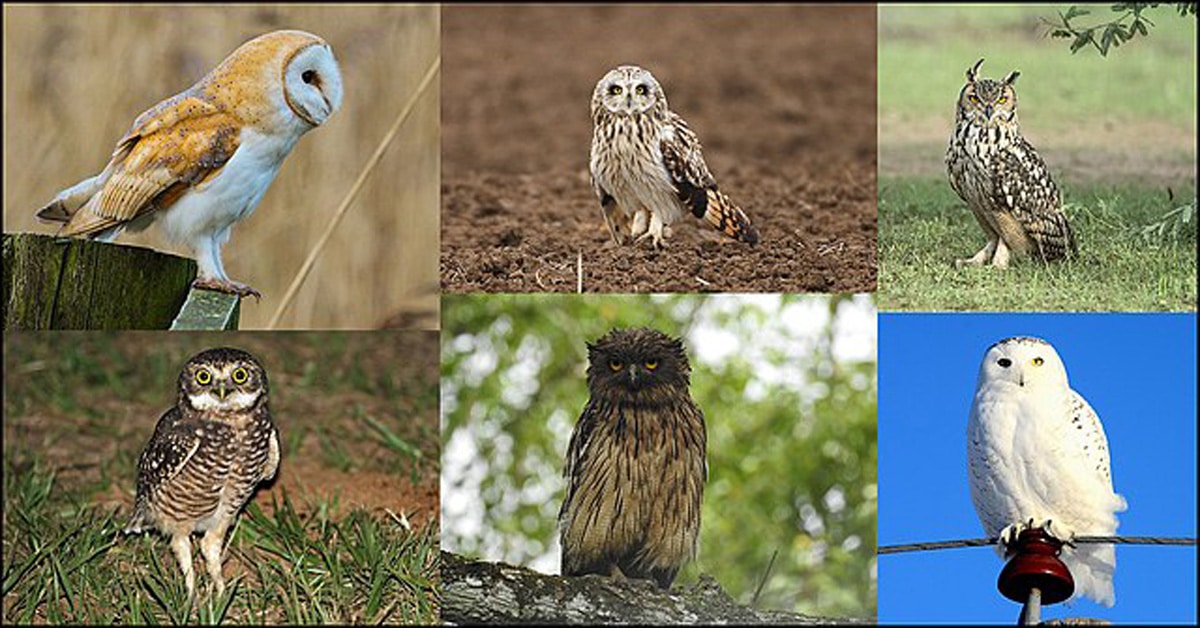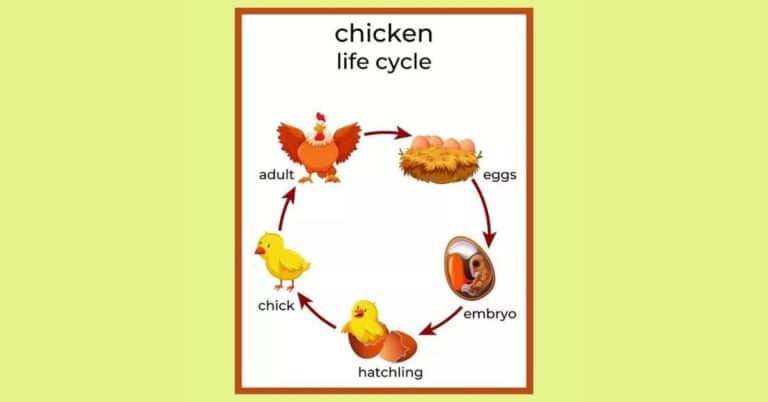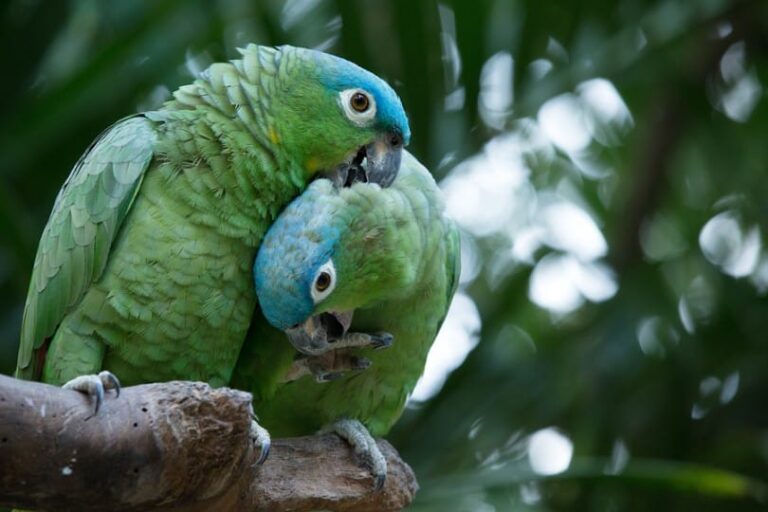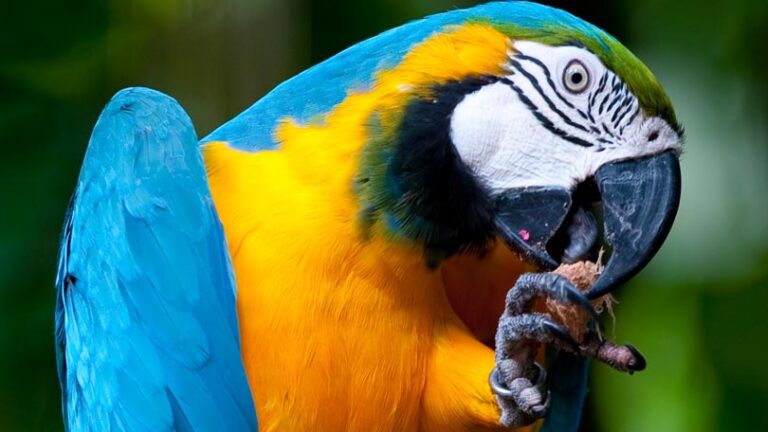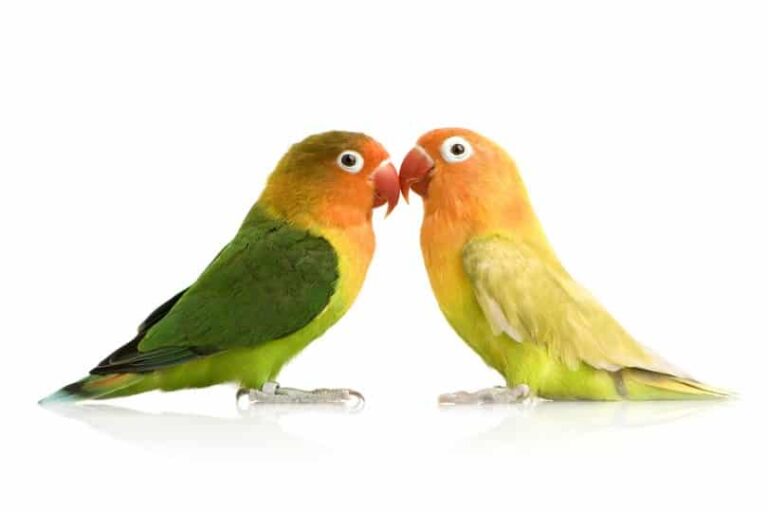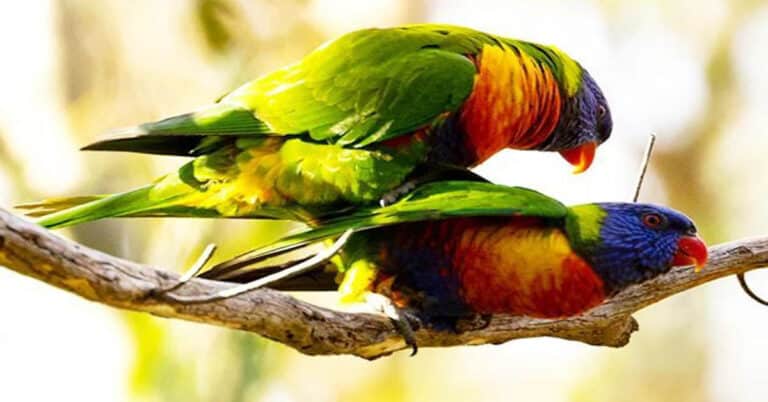Owl Symbolism: Mythology, Folklore & Religion Doctrines
You will rarely meet a person who is not fascinated by owls. Pop culture references related to owls are everywhere these days, including Harry Potter’s Hedwig or Winnie the Pooh’s Owl. These fiction stories have imprinted owl symbolism in our minds with special beauty.
But have you ever wondered why using owls in books, movies, commercials, and other forms of media has become so common? What does owl symbolism tell us about this mystical creature?
If you are aiming to explore owl symbolism thoroughly in mythology, folklore, and religious doctrines, in this article, we will answer all your questions and even provide you with information you have never thought of before!
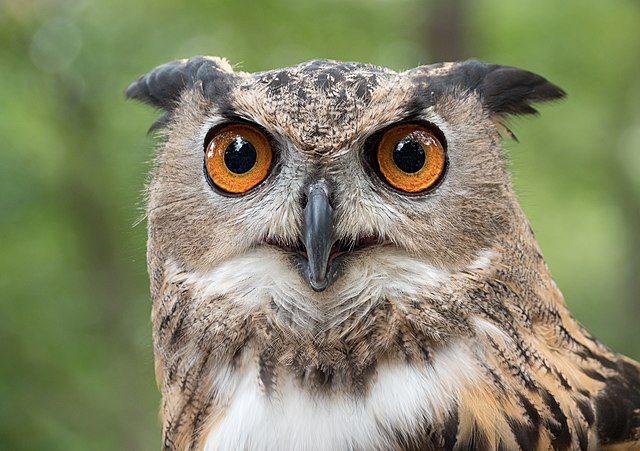
What Do Owls Symbolize?
You can rarely find an Earth inhabitant with such deep symbolic meaning as owls. However, owl symbolism varies across cultures, which means there are many distinct interpretations of owl sightings around the world. For example, some people believe it signifies wisdom. Others think it’s a symbol of luck and prosperity.
It is a worldwide known fact that owls are frequently used to represent existential refrains. Their magnificent eyes, wide wings, sharp claws, and the ability to turn their heads 270 degrees are some of the reasons why owls are associated with something supernatural. But, along with numerous symbolic meanings, owls are primarily characterized by outstanding intelligence, insight, and life experience.
Surprisingly, some people even believe that if you’re often encountering owl symbolism in your daily life, you are dealing with more than just a coincidence, but something more mystical. According to this spiritual theory, your guardian angels or deceased loved ones are trying to contact you through owls.
Owl Symbolism in Mythology and Folklore
Owls and humans have always had a deep emotional connection, which, in diverse eras, has occasionally terrified humans and sometimes held owls with great respect.
Regardless of the kind of attitude, one thing is evident: the human interest in owl symbolism has not slowed down at any stage of human evolution and has been strongly expressed in various mythologies and folklore all over the world.
Let’s take a look at the most fascinating references among them:
1. Ancient Egypt
Owl symbolism is greatly expressed in all its glory in ancient Egyptian culture. Specifically, owls can be noted quite often in ancient Egyptian art, especially in hieroglyphs. But what exactly is the symbolic meaning of this amazing bird in Egypt?
The ancient Egyptians called owls “wise hunters” and associated them with mourning and death. However, in hieroglyphics, the Egyptians used the image of an owl to write the word “to see.” As for the amulets of owls, they were often fasted even with the dead so that the owls would lead their souls to the funeral goddess Nephthys. Interestingly, along with amulets of owls, the Egyptians kept mummified owls with deceased people – they believed that owls, the great masters of flying in the dark of night, would teach the dead to fly in the darkness.
Since Egyptian mythology, and Egyptian culture itself in general, is a wonderful display of contrasts, it probably won’t surprise you if we tell you that owls were often associated with the sun god Ras in Egypt. This owl symbolism is related to the idea that the owls had suns instead of eyes, which allowed them to fly in the dark.
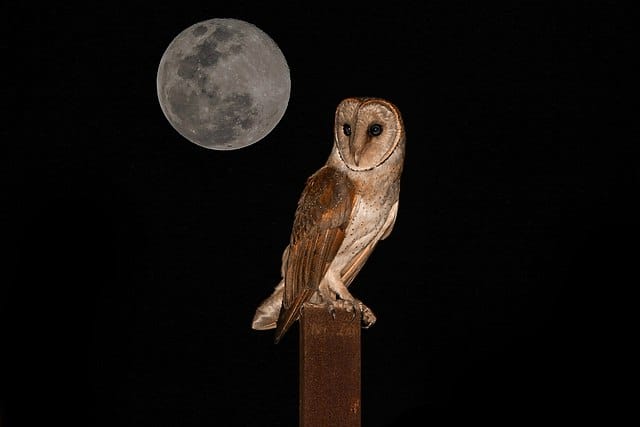
2. Slavic Folklore
In Slavic legends, particularly in Polish folklore, girls who lived out of marriage would turn into doves after death. As for married girls, people thought that after death they would turn into owls. It is a notable fact that if the dove is associated with innocence, the owl expresses life experience and wisdom. This approach is the basis of this owl symbolism of Slavic origin.
Polish folklore also tried to explain why owls are nocturnal and hide during the day. According to the Poles, the owl is so stunning that it is afraid that other jealous birds will decide to oppress it. It should also be noted that according to the established opinion in Slavic countries if the cry of an owl was heard in or near the house, this mystical sound would foretell imminent death, illness, or other misfortune.
3. Ancient Greek Culture
In various literary and historical sources, you may frequently encounter references to Athena — a Greek goddess known for both warfare and wisdom. Though her legendary stories captivate the reader, only a few individuals are aware of her association with owls. Legend tells us that Athena transformed into an owl and led warriors in a war against the Persians.
Connections between gods and owls don’t arise only in Greece. The Romans also linked owls with their goddess of prophecy and wisdom. In fact, they went so far that they attributed magical qualities to these nocturnal birds. By deploying owl omens, the Romans sought protection against the power of the evil eye.
You might never imagine that but owl feathers and internal organs frequently found applications in crafting magical potions in Rome. Strangely enough, the Romans believed that the ash from an owl’s foot was an effective remedy against snake bites.
4. Aztecs Mythology
Without a doubt, all of us have thought about what happens after you die. Unfortunately, we don’t have an answer to this question today, but the Aztecs unquestionably knew more than we do.
The Aztecs believed that after death, owls were human companions in the afterlife journey. It’s hard to say for certain whether owls cause more positive or negative associations because of this assigned role, but we know for sure that these wise birds were associated with prophecy in Aztec art, so meeting them in person would be an inevitable novelty.
Owl Symbolism in Religious Doctrines
1. Christianity
Owl symbolism is strongly expressed in the Bible as well, where it’s mainly associated with destruction, loneliness, and abandonment. Because of the evil meanings associated with owls, the early Christian church condemned the owl as a symbol of demonic forces.
At first glance, this interpretation may even be surprising, especially considering that in other cultures, the owl is characterized by more positive symbolism. But the more fascinating and mystical a creature is, the wider the interpretation related to its personality, behavior, and lifestyle.
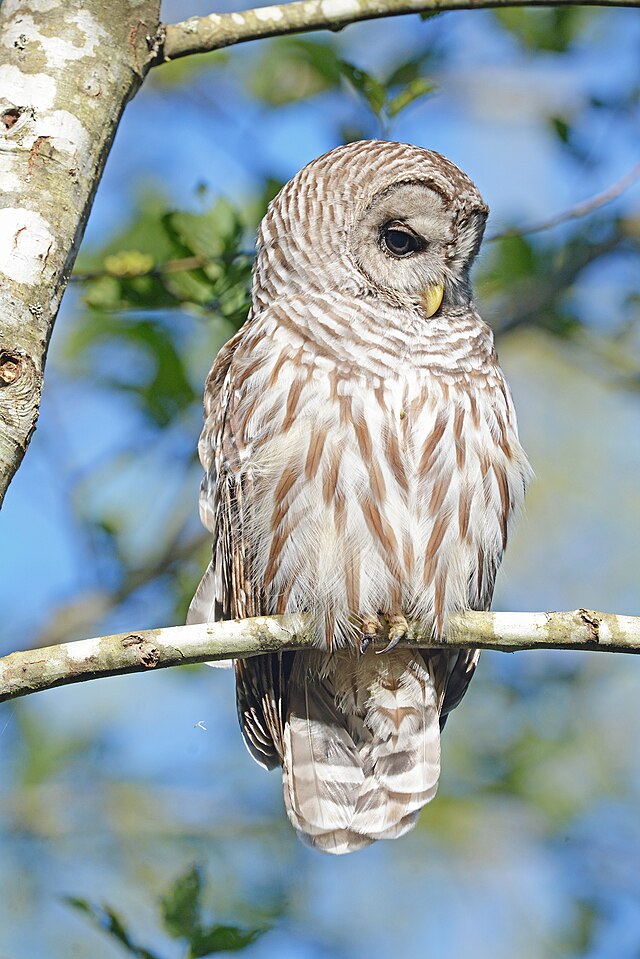
2. Islam
It is not news at all that dreams and their interpretations depend significantly on the diversity of a particular country and culture. We don’t know if you’ve ever seen an owl in your dream, but you probably remember at least one case when you told someone about your dream in your childhood and together you discussed what the animal or bird in your dream meant.
The experience that unites most of us extends to seeing owls in our dreams as well. In Islam, the meaning of owls in dreams is completely different from Christianity. While in Christianity it’s related to negative connotation, in Islam, seeing an owl in a dream carries only positive meaning and can be interpreted as a sign of wisdom, insight, and knowledge.
3. Buddhism
Depending on the influence of the older generations living in your family, you most likely considered crows, ravens, falcons, and owls to be scary birds. There is no way this would happen in a Buddhist household because people following this religion consider owls to be messengers of the heavenly world.
Similar to Islam, here as well, owls represent knowledge and intelligence. As a result, they are often referenced during Buddhist meditation activities – owls’ fortitude, peace of mind, and patience are indeed qualities that every meditator dreams of.
This means that owls are those rare birds that are associated with personal growth. Therefore, according to Buddhism, dreaming about an owl is a sign that you’re in the process of growth and maybe you might even make a new, transforming life decision some time in the future.
4. Hinduism
There are plenty of similarities between Buddhism and Hinduism and this extends to the symbolism as well. Owl symbolism is no exception in this case. In both doctrines, these amazing birds are characterized by strong positive associations, and owls are considered lucky, wise, prosperous, and powerful birds.
Hindus consider owls to be especially respectable animals. The appreciation of this animal in Hindu culture is related to the fact that the Greeks and Romans associate owls with the goddess Lakshmi — the symbol of power, prosperity, and wealth.
Final Thoughts
Let’s assume that even if you walk around the earth and carefully study all the continents, you will hardly find another living creature to which humanity has given a more significant symbolic meaning than the owl. That can be explained by the uniqueness of the appearance, personality, and lifestyle of owls.
As we pointed out, owls are associated with death and destruction in Christian cultures, but in most other cultures, owl symbolism is related to inner wisdom and self-improvement. Because of these differences of opinion, the only correct way to find the exact owl symbolism is to pay attention to what stage of life this enigmatic bird appears in your life and decode its meaning based on your personal circumstances.

Nato is a content writer and researcher with a background in psychology who’s eager to explore the wonders of nature. As a travel enthusiast and animal lover, she hopes to inspire others to discover and cherish the beauty and importance of the natural world.

